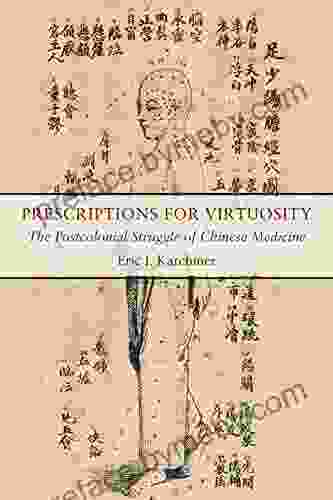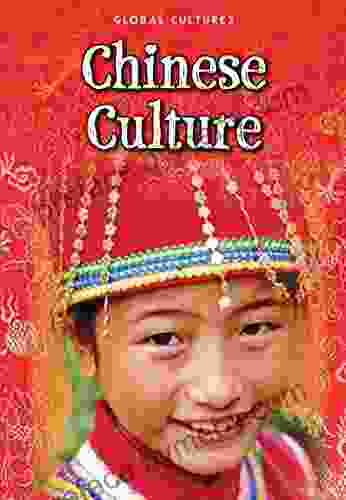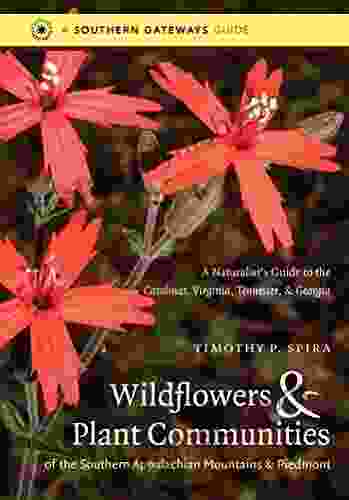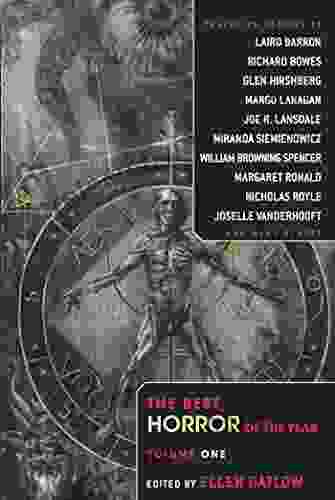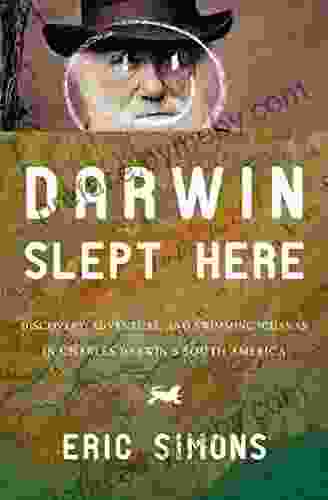The Postcolonial Struggle of Chinese Medicine: A Journey of Resilience and Resistance

In the vast tapestry of human history, the encounter between different cultures has often been a tumultuous interplay of power, influence, and resistance. The realm of medicine, deeply intertwined with cultural beliefs and social norms, has not been immune to these dynamics.
The postcolonial era, marked by the aftermath of European colonialism, has witnessed a profound struggle within the field of Chinese medicine. This ancient and sophisticated medical tradition, with its roots stretching back millennia, has faced challenges and resistance from the dominant Western medical paradigm.
5 out of 5
| Language | : | English |
| Text-to-Speech | : | Enabled |
| Print length | : | 272 pages |
The Colonial Encounter: Western Hegemony and Marginalization
The advent of Western colonialism brought with it a forceful imposition of Western medical practices and beliefs upon non-Western societies. Chinese medicine, with its distinct concepts of qi, meridians, and herbal remedies, was often dismissed as "unscientific" and relegated to the realm of superstition.
Missionaries and Western-trained doctors played a significant role in this process of marginalization. They established hospitals and clinics that promoted Western medicine as the superior and modern approach to healthcare. Traditional Chinese medicine was often banned or discouraged, its practitioners denounced as quacks or sorcerers.
Cultural Resistance and the Survival of Chinese Medicine
Despite these challenges, Chinese medicine has endured. It has adapted to changing circumstances while maintaining its core principles. Traditional Chinese medical practitioners have continued to treat patients in their communities, preserving the wisdom and experience of their ancestors.
The resilience of Chinese medicine owes much to its deep roots in Chinese culture. It is not merely a system of healing but an integral part of the Chinese worldview, encompassing philosophies, beliefs, and customs. As such, it has been preserved through generations despite external pressures.
Globalization and the Revival of Chinese Medicine
In recent decades, globalization has played a paradoxical role in the postcolonial struggle of Chinese medicine. On the one hand, it has led to increased awareness and interest in traditional medicine worldwide. On the other hand, it has also presented new challenges, including the commodification and exploitation of Chinese medicine for commercial gain.
The revival of Chinese medicine has been driven by factors such as the growing dissatisfaction with Western medicine's focus on symptom suppression rather than holistic healing, the desire for more natural and personalized healthcare options, and the recognition of Chinese medicine's effectiveness in treating certain conditions.
The Future of Chinese Medicine: Navigating a Postcolonial World
The postcolonial struggle of Chinese medicine is ongoing. It is a complex and dynamic process that involves not only the survival and revival of a traditional medical system but also the assertion of cultural identity and the negotiation of power relations in a globalized world.
The future of Chinese medicine lies in its ability to adapt to changing needs and challenges while preserving its core principles. It must strike a balance between tradition and innovation, between local and global influences, to ensure its continued relevance and effectiveness.
By navigating the complexities of the postcolonial world, Chinese medicine can emerge as a vibrant and respected system of healthcare, contributing to the well-being of individuals and societies worldwide.
: A Symbol of Resilience and Cultural Identity
The postcolonial struggle of Chinese medicine is a testament to the resilience and adaptability of traditional medical systems in the face of external pressures. It is a reminder that culture, identity, and health are inextricably linked, and that the preservation of traditional knowledge is essential for human flourishing.
As we move forward in a rapidly changing world, may we continue to appreciate the wisdom and value of diverse medical traditions, and may Chinese medicine continue to play a vital role in promoting health and well-being for generations to come.
5 out of 5
| Language | : | English |
| Text-to-Speech | : | Enabled |
| Print length | : | 272 pages |
Do you want to contribute by writing guest posts on this blog?
Please contact us and send us a resume of previous articles that you have written.
 Book
Book Novel
Novel Page
Page Chapter
Chapter Text
Text Story
Story Genre
Genre Reader
Reader Library
Library Paperback
Paperback E-book
E-book Magazine
Magazine Newspaper
Newspaper Paragraph
Paragraph Sentence
Sentence Bookmark
Bookmark Shelf
Shelf Glossary
Glossary Bibliography
Bibliography Foreword
Foreword Preface
Preface Synopsis
Synopsis Annotation
Annotation Footnote
Footnote Manuscript
Manuscript Scroll
Scroll Codex
Codex Tome
Tome Bestseller
Bestseller Classics
Classics Library card
Library card Narrative
Narrative Biography
Biography Autobiography
Autobiography Memoir
Memoir Reference
Reference Encyclopedia
Encyclopedia Lori Morrison
Lori Morrison Elizabeth Levy
Elizabeth Levy Eli Burakian
Eli Burakian George Cantor
George Cantor Elinor Lipman
Elinor Lipman Elizabeth Hoover
Elizabeth Hoover Emil Frlez
Emil Frlez Ellen Tomaszewski
Ellen Tomaszewski Uday Shankar Byri
Uday Shankar Byri Eric Bieller
Eric Bieller Eric Lax
Eric Lax Elizabeth Kendall
Elizabeth Kendall Irvin B Tucker
Irvin B Tucker Eric Liu
Eric Liu James Campion Conway
James Campion Conway Prosanta Chakrabarty
Prosanta Chakrabarty Elsa Van Der Byl
Elsa Van Der Byl Emily A Duncan
Emily A Duncan Eric Flanagan
Eric Flanagan Patrick Carman
Patrick Carman
Light bulbAdvertise smarter! Our strategic ad space ensures maximum exposure. Reserve your spot today!

 Josh CarterLove Song One Piece Graphic Novel: A Heartfelt Journey of Self-Discovery and...
Josh CarterLove Song One Piece Graphic Novel: A Heartfelt Journey of Self-Discovery and...
 John SteinbeckUnravel the Enigmatic Mysteries of "The Locked Room": A Captivating Journey...
John SteinbeckUnravel the Enigmatic Mysteries of "The Locked Room": A Captivating Journey... Thomas PowellFollow ·14.3k
Thomas PowellFollow ·14.3k Derek BellFollow ·13.7k
Derek BellFollow ·13.7k E.M. ForsterFollow ·15.1k
E.M. ForsterFollow ·15.1k Guy PowellFollow ·14.2k
Guy PowellFollow ·14.2k Charlie ScottFollow ·6.1k
Charlie ScottFollow ·6.1k George OrwellFollow ·2.1k
George OrwellFollow ·2.1k Ernest HemingwayFollow ·17.6k
Ernest HemingwayFollow ·17.6k Robert Louis StevensonFollow ·16.3k
Robert Louis StevensonFollow ·16.3k

 Richard Adams
Richard AdamsGame Development with Rust and WebAssembly: A...
Are you passionate...
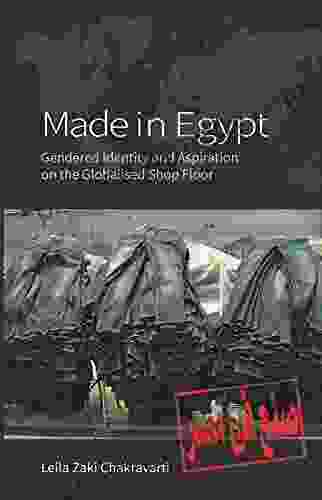
 David Baldacci
David BaldacciGendered Identity and Aspiration on the Globalized Shop...
: The Convergence of Gender, Identity, and...

 Natsume Sōseki
Natsume SōsekiFresh Eyes On Panama: A Captivating Exploration of a...
Panama, a country often overshadowed by its...
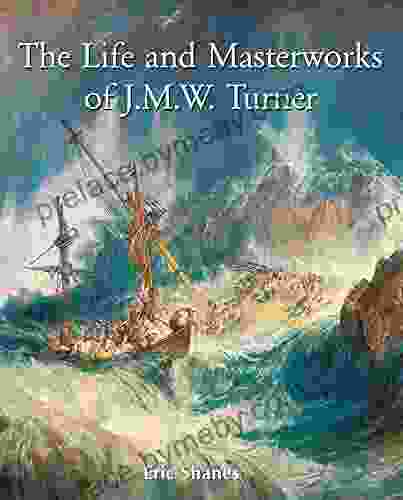
 Adrian Ward
Adrian WardThe Life and Masterworks of J.M.W. Turner: A Timeless...
The Man Behind the Masterpieces ...
5 out of 5
| Language | : | English |
| Text-to-Speech | : | Enabled |
| Print length | : | 272 pages |


